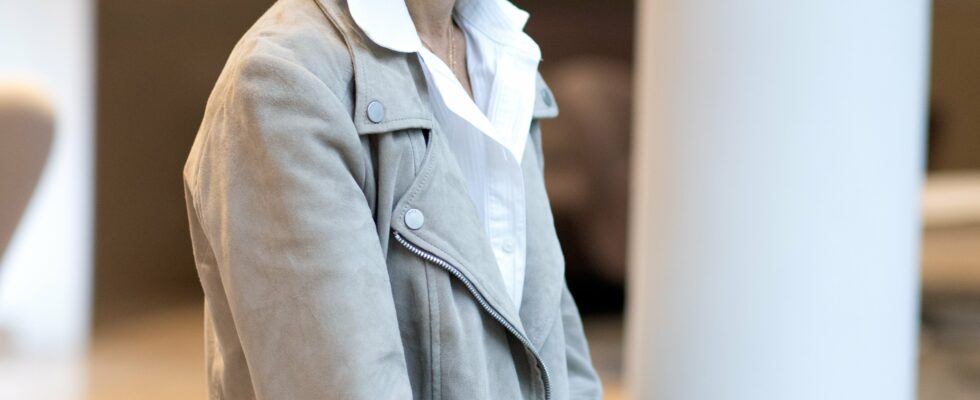Red circle, light pursuit, dark room, headset microphone, controlled gestures, a few anecdotes sprinkled with humor against a backdrop of positive storytelling: here is the picture that has become emblematic of the TED and TEDx conferences. Eighteen minutes, not one more. Beyond that, the sharpest neuroscientists attest, the public’s attention wavers and becomes scattered. Originally, this conference format was a breath of fresh air in the often stiff world of public speaking. However, today the charm is wearing off. Once a pioneer, TED becomes the blind repetition of an unoriginal choreography, the tired parody of an era that wanted to be modern. Why does what seemed innovative yesterday seem like a worn-out mechanism to us today?
The democratization of the format played a role. The major TED conferences, international showcases of oratorical talent, have given rise to TEDx, local variations where each speaker must comply with a strict code to retain the precious label. It is no longer just a matter of disseminating ideas to as many people as possible, but of doing so “the way of”. The form takes precedence over the substance, the format becomes formatting, the game the main issue. A format has the advantage of offering security because it is much easier to take refuge behind an already written role than to summon the singular totality of one’s person to dare the adventure of being oneself. But this security is deceptive, because over time the roles requested form devious canvases in which the speakers sometimes enclose themselves until they become caricatures of a model. By playing a codified score, the speakers become puppets. Spontaneity, personality and singularity gradually fade behind calibration.
Everything is perfectly oiled, but something sounds wrong. This is because the mechanical and repetitive behavioral conformism imposed by the standardized formatting of TED conferences has nothing to do with the precise mechanics and patient repetition that true oratory requires. This is where it is important to distinguish habit from conformity. Habit is a valuable ally, but conformity is a subtle poison. Without habits, our actions would require increased attention, which would be exhausting. Thanks to habit, to repetition, the mind no longer needs to anticipate and remember, it adheres only to the present and action is then facilitated. When learning a piano piece, all the movements performed at the beginning are conscious. Through repetition, they become less and less deliberate, until they become “automatic.” We then know how to play the piece without thinking about its fingering. The activity has imperceptibly transformed into a habit that can give way to something more creative, more personal, or improvised.
Rediscover the need for long-term
Improvisation never arises from nothing, but from a solid, patiently constructed experience. It is freedom within rigor. Conformity, for its part, is content to reproduce external signs: a posture, a tone, a gesture which seems to say here is the perfect speaker. But this well-adjusted mask is only a compositional role that freezes, suffocates and extinguishes. It locks the speaker into a regularity where creative freedom no longer has its place. Here is the speaker like a diligent schoolboy reciting his poetry without stumbling, but without soul. However, what stands out in a speech is not the stereotypical repetition of a role, but the originality of a style: the unique tone of a singular voice which speaks with its whole being, with its own inflections, its own tone, its own rhythm, its own notes.
Each era produces its archetypes and caricatures. The TED speaker, with his calibrated smile and calculated pauses, has unwillingly become a modern puppet, a comedy character. It’s time to get out of this theatricality. To abandon the illusion of ready-to-use behavioral recipes to rediscover the need for long time, fertile repetition, constructive habit, which alone allows mastery, confidence, then ease. What Nietzsche called: “the great style”.
* Julia de Funès is a doctor of philosophy.
.
